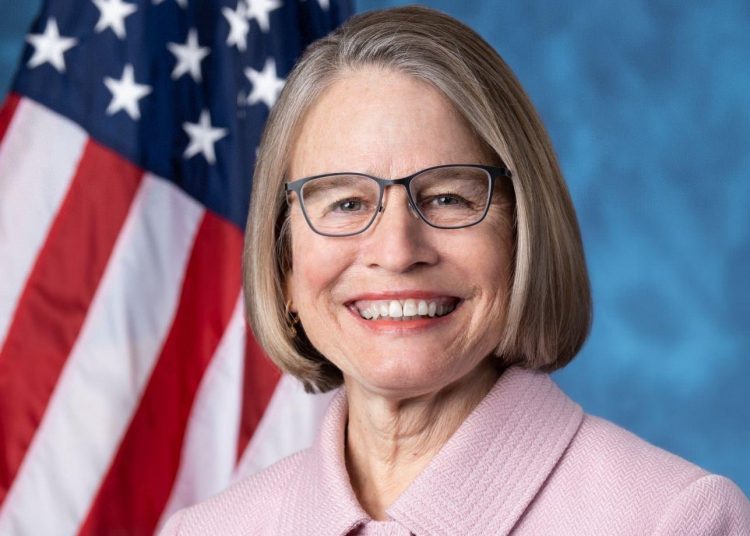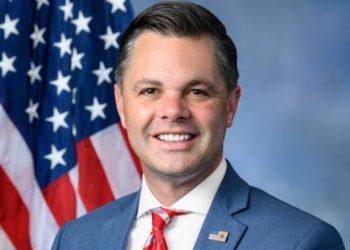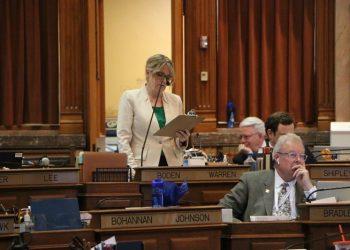Over the past few years, we have seen a sharp uptick in cyberattacks that have hurt individuals, businesses, infiltrated government offices and accessed the personal data of Americans across the country. In today’s digital world, we must be proactive to ensure we are safe and secure. As a member of the House Committee on Homeland Security, I have been closely watching the recent cyberattacks that have taken place across the United States.
The severity of cyberattacks reached a new high when a malware attack shut down the Colonial Pipeline system for five days, which carries 45 percent of the fuel consumed by the east coast. This attack has led to long lines at the gas station and fears of gas shortages, with gasoline prices rising above three dollars for the first time in six years. And it forced President Biden to declare a state of emergency.
These cyberattacks are becoming more and more frequent and are hitting closer to home.
Recently, a ransomware attack targeted JBS, one of the world’s largest meatpacking companies, and forced plants in Iowa to shut down operations for a few days. Agriculture is one of the strongest drivers of Iowa’s economy, and threats like these are a real danger to the agricultural supply chain that affects farmers, producers, distributors, and consumers alike.
As a doctor, one of my biggest concerns is the threats to our healthcare infrastructure that these cyberattacks pose. In the midst of a global COVID-19 pandemic, cyberattacks are a serious threat to public health departments, hospitals, and the vaccine supply chain.
As the former Director of the Iowa Department of Public Health, I have seen how critical cybersecurity is in protecting private health data, contact tracing, and keeping our hospitals and clinics up and running to serve our communities. At both national and state levels, maintaining the security of public health, personal, business, and government data should be a priority.
At the federal level, we continue to work on solutions that will facilitate immediate disclosure of a cyberattack with ransom demands, a single point of contact to facilitate rapid mobilization of the involved federal agencies, and adequate funding of the Cybersecurity and Infrastructure Security Agency so that they can meet the increased workload and constant vigilance and security training. As individuals, we must also play our part to ensure internet privacy and security.
It is incumbent upon all of us to take cybersecurity seriously and invest in increasing our cybersecurity infrastructure.















